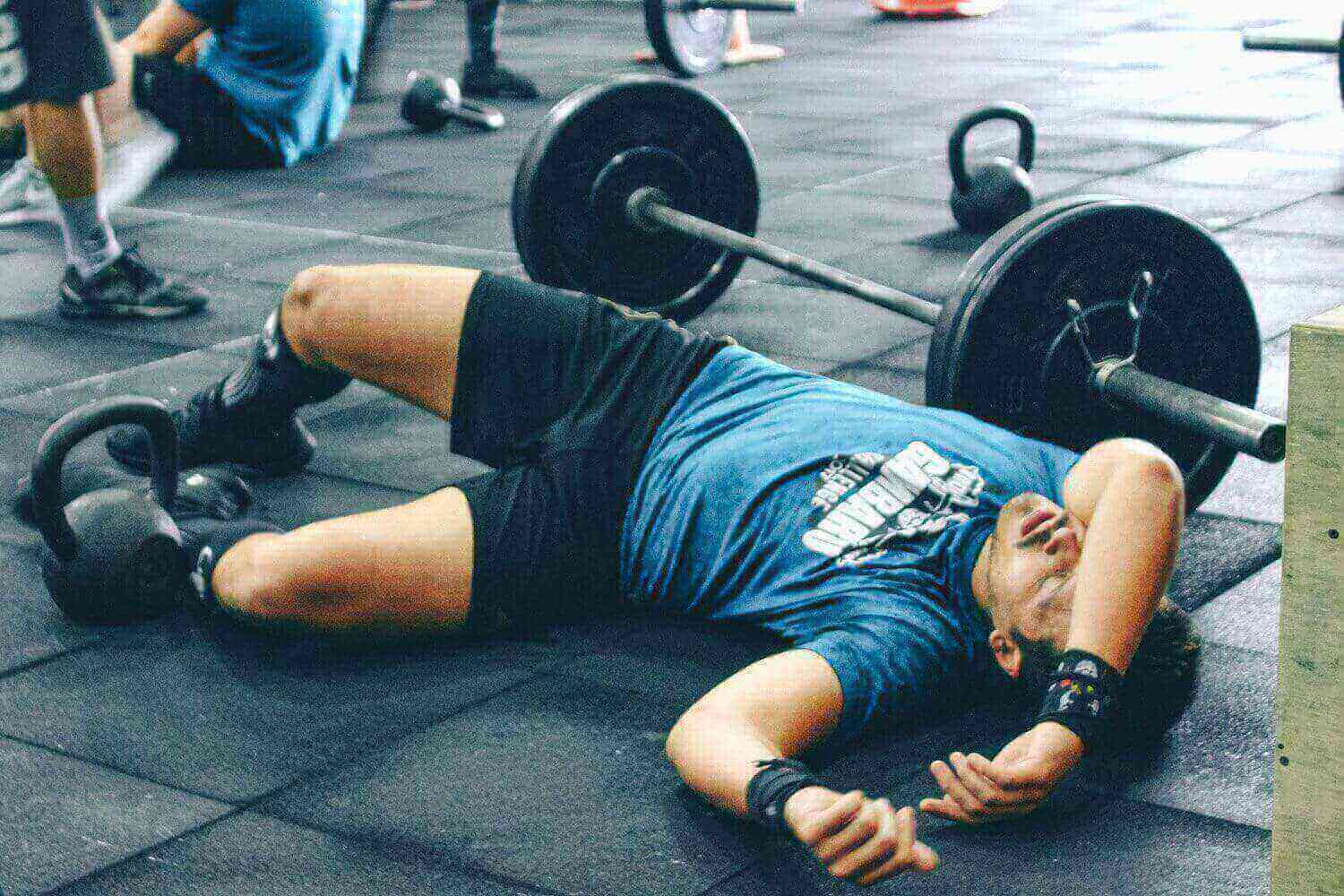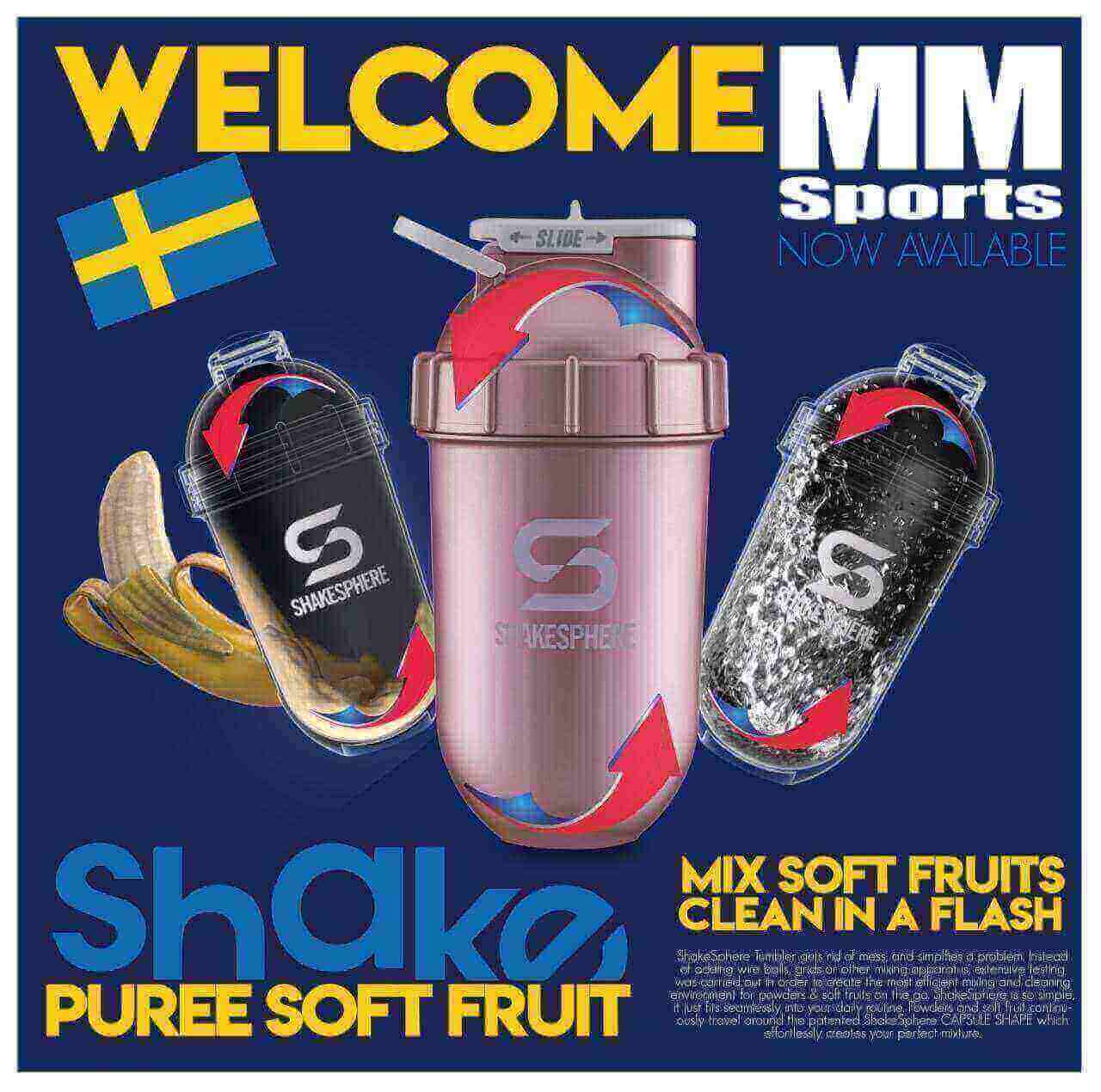10 ways to recover from a workout faster

It makes sense that the more you exercise, the fitter you will be. Equally, however, too much exercise without adequately recovering from your workout can lead to injury, which can offset the fitness gains you’ve made. And by recovery, we aren’t just talking about rest. There’s so much more to recovery than rest, and here at ShakeSphere we want to help you reach your fitness goals as quickly and as safely as possible by giving you 10 ways to recover from a workout faster.
Pre-workout optimisation
It may seem odd that our first tip as to how you can recover quicker after exercise is about optimising your body before you even start working out. Yet, by taking the ideal amounts of pre-workout supplements, you can reduce how much your body fatigues both during and after exercise. We recommend looking for products containing Citrulline Malate and/or Magnesium, and taking them about 30 minutes before exercise for best results.
Stretching
After you’ve floored yourself with a massive workout, we know that stretching may be the last thing you want to do. However, it’s crucial to release the lactic acid that builds up when you train for so long with limited oxygen and get the blood flowing to your muscles again. This facilitates muscle recovery and will help you to feel fresher when you hit another workout the next day. Try to stretch the muscles you’ve activated most during exercise – lower backs, hamstrings, and shoulders are particularly prone to getting tight, but try to tailor your stretching programme to your own workout.
Protein powder
We know what you’ll say here, ‘you’re a protein shaker company, of course you’ll tell us to take protein powder’. That’s true, but taking the right amounts of quality protein powder within 30 minutes of exercise can be crucial not just for recovery, but also for building muscle without gaining fat. For best results, we recommend taking Whey Isolate or better, since this usually contains less sugar/fat and more of the protein you need to recover faster.
Okay, now for a bit of shameless self-promotion. While protein shakes are an easy way to add more protein to your diet, it’s important not to limit the health benefits by using a cheap shaker. By investing in a ShakeSphere Tumbler, you avoid harmful bacteria since there's never any mess and it's so easy to clean. And, in the process, you’ll look great and stand out from the crowd thanks to the patented capsule design of our workout bottles.
Hydration
After a hard workout, it’s critical to replace lost body fluids by hydrating as much as possible. No matter how much water you drink during exercise, it can never prevent dehydration completely. But, more than that, you lose a lot of body fluids and salt when you sweat, and this needs to be replaced to facilitate faster recovery. It is for this reason that water is not enough on its own. You need to add electrolytes to your drink to speed up the re-hydration process, otherwise you will feel more tired for the rest of the day and won’t be able to train as hard the next day.
Focused diet
More than just a healthy diet, you need a focused diet if you want to recover as fast as possible. Try to plan meals in advance and, if possible, prepare what you’ll eat after exercise before you start. Otherwise, there’s a tendency to eat comfort food, or eat too long after your workout (2 hours should be the absolute limit). Post-workout meals should primarily contain carbs and protein. Carbs are especially necessary after exercise which lasts more than one hour, in that they replace lost glycogen, while protein will help repair and grow the muscles you’ve trained. Fruit and veg will also help you feel less tired and, of course, are crucial to a healthy and balanced diet more generally.
Vitamin supplements
There are a lot of vitamin supplements out there that you don’t actually need as you’ll often have enough of them in your diet already. That being said, there are some supplements available both in tablet and powder form which we would definitely recommend – namely, BCAAs and Creatine. BCAAs, standing for Branched-Chain Amino Acids, have been scientifically proven to build muscle, decrease muscle fatigue, and alleviate muscle soreness. Try to get your dosage in before and after a workout. Creatine, meanwhile, is particularly effective for power-based sports like weightlifting and sprinting. If you aren’t doing these sports, we probably would advise against taking Creatine, but the recovery it quickens after short-burst exercise is unrivalled.
Compression
Wearing compression garments is an easy way of reducing inflammation in your muscles both during and after exercise. Compression works by narrowing your veins, forcing blood to flow faster and more effectively up to your heart which, in turn, pumps oxygen-rich blood back to your aching muscles. The best part is that you don’t have to do anything other than wear the compression clothing; you can even have it on underneath your normal clothes at work or while out and about.
Detoxification
By detoxification, we are talking about having a bath with the right ‘ingredients’ added to it. Adding ice to a cold bath is a well-known way of getting the body to recover faster after a workout, and it definitely works, but we understand that it’s not an attractive option to most people. Instead, we recommend adding Epsom Salt to a hot bath. Epsom Salt is an organic compound containing Magnesium Sulphate and it is an excellent home treatment for loosening stiff joints and relaxing tight muscles. Soak in a bath of Epsom Salt for 20 minutes, don’t rinse it off, and you’ll find yourself feeling better recovered within a few hours.
Massage
Getting a massage on the evening before your weekly rest day can be particularly effective at reducing delayed muscle soreness. The inflammation of your muscles will ease, your blood flow will improve, and your muscles will feel less tight. Getting a massage at the right time (within 2-6 hours of a workout) can mean that you feel markedly better rested when you come to hit another week’s training block, so it’s definitely a worthwhile investment. If it’s not a sustainable option for you cost-wise, you can always get a foam roller and massage your muscles that way.
Resting
And finally, rest. Rest should never be thought of as synonymous with slacking off. All of the tips we’ve given so far are irrelevant if you don’t sleep enough on average each week. We know it can be tough in the hustle and bustle of modern life, but between 7-9 hours of sleep really enhances muscle recovery through protein synthesis and human growth hormone release. That means you’ll be alive and kicking when you wake up in the morning, allowing you to reach your full potential.
It seems apt to end on the note of sleep. If you get that right, and follow our other tips, you’ll recover from exercise much faster. As a result, in time, you will see better results and find yourself exceeding your workout goals instead of falling short.



 /shakespherehq
/shakespherehq /SCshakerbottle
/SCshakerbottle /ShakeSphereHQ
/ShakeSphereHQ  /ShakeSphere
/ShakeSphere